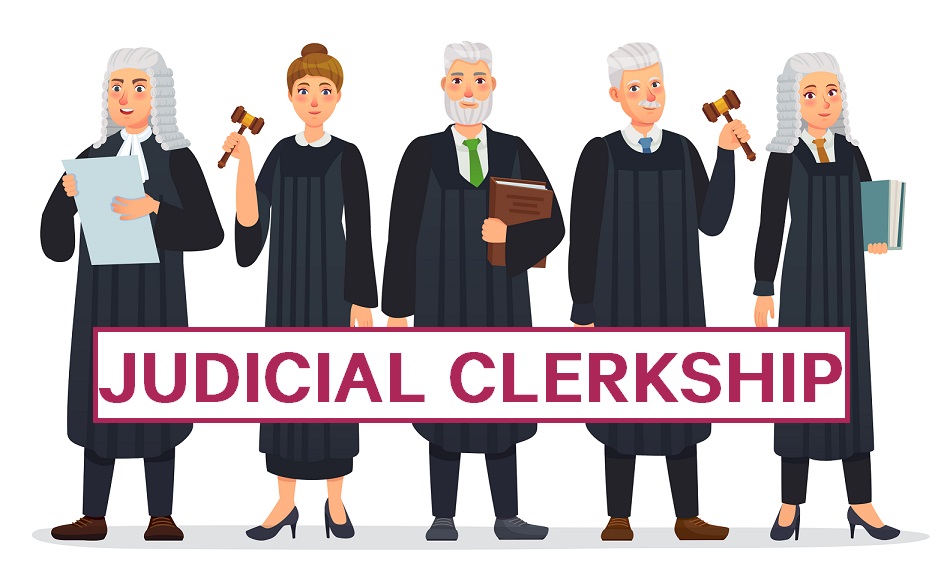Summary: Katten Muchin Rosenman LLP faces a malpractice lawsuit for failing to appreciate the signs that a Ponzi scheme was ongoing within the firm.
On Tuesday, the Seventh Circuit revived a malpractice lawsuit that accuses Katten Muchin Rosenman LLP of ignoring warning signs that should have revealed Tom Petters’ tremendous Ponzi scheme, Law360 reports. The suit argues that a competent attorney would have alerted clients. Peter C. John, Christina D. Harrison and Brigid E. Kennedy of Williams Montgomery & John Ltd. represent Katten.
Lancelot Investors Fund Ltd. is a hedge fund that provided billions of dollars into the scheme. The bankruptcy trustee for the fund argued that Katten was negligent because it failed to advise Gregory Bell, the fund manager, to investigate the collateral used to support the notes Petters’ companies issued. The collateral was accounts receivable under a supposed deal with Costco Wholesale Corp. that turned out to be completely fake.
Proskauer Rose is facing a malpractice lawsuit.
U.S. District Judge Harry D. Leinenweber dismissed the case last year for failure to state a claim, ruling that Lancelot knew it was taking a risk and that it could not blame a law firm for failing to provide business advice.
However, on Tuesday, a three-judge panel said that the judge’s decision did not address the complaint’s primary argument that Katten was obligated to inform Bell and the fund with risks associated with allowing repayments to be shuttled through Petters.
The opinion read, “As the complaint depicts matters, Bell did not appreciate the difference between funds from Costco and funds from Petters. A competent transactions lawyer should have appreciated that the former arrangement offers much better security than the latter and alerted its client. If a client rejects that advice, the lawyer does not need to badger the client; but the complaint alleges that the advice was not offered, leaving the client in the dark about the degree of the risk it was taking.”
A $10 million lawsuit was dismissed against Greenberg Traurig in 2012.
The ruling also asserted that the lower court did not provide any applicable law that distinguishes business advice and legal advice. The opinion states, “It is hard to see how any such bright line could exist, since one function of a transactions lawyer is to counsel the client how different legal structures carry different levels of risk, and then to draft and negotiate contracts that protect the client’s interests. The district court did not cite any Illinois statute or decision holding that a transactions lawyer never needs to supply a client with legal information that affects the degree of business risk attached to a transaction.”
Petters allegedly told investors that their money was being used to purchase merchandise that would be resold to big-box retailers. Petters was convicted in 2009 of coordinating the scheme and was sentenced to a 50-year prison term. Bell received a six year sentence after he admitted he helped support the scheme when it began to fall apart in 2008.
In 2012, lawyers faced a malpractice lawsuit 21 years after the death of a client.
The panel also decided another case that stemmed from the Ponzi scheme on Tuesday. In that case, the panel cleared McGladrey LLP, an accounting firm, of allegations that were brought by the Lancelot bankruptcy trustee. The claims were barred because of in pari delicto, which establishes that a party involved in a fraud cannot sue another party over that fraud. The opinion said, “Claims against Bell may not be worth much (he’s in prison), and securities-law claims against the funds for misstatements in the offering documents aren’t worth much either (they’re bankrupt), but a claim against McGladrey may offer some recompense, if the auditor was indeed negligent or willfully blind. Proceedings on the investors’ claims have been stayed pending resolution of the trustee’s suit. It is time to bring the investors’ claims to the fore.”
Source: Law360
Photo credit: benchmarklitigation.com

















































